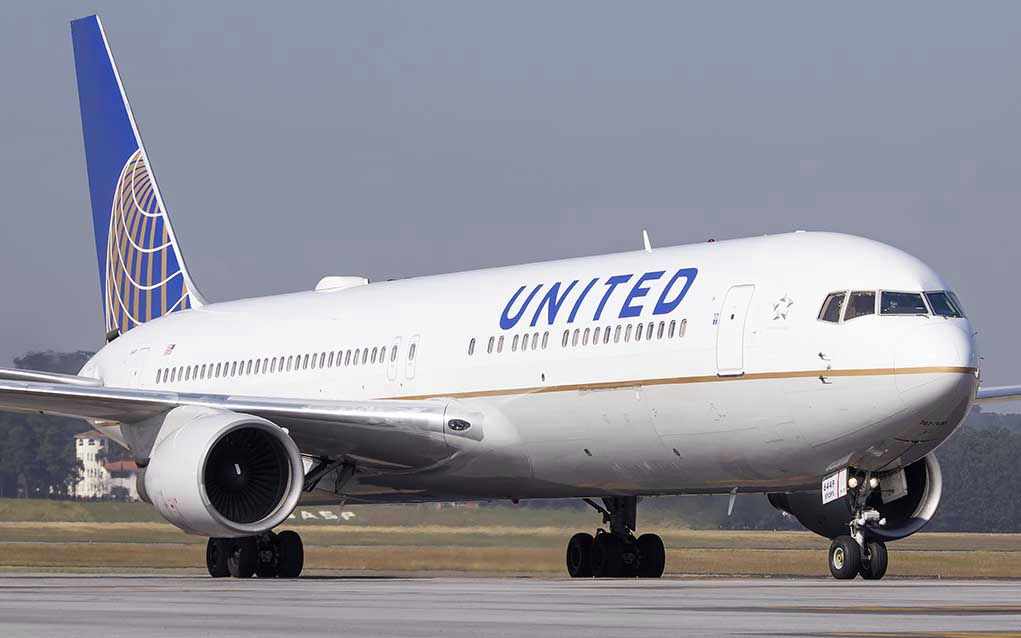
Major U.S. airlines are secretly selling 5 billion passenger records to federal agencies for warrantless surveillance, creating a massive Fourth Amendment loophole that tracks every American traveler’s movements and financial details.
Story Snapshot
- Delta, United, American, and other major airlines sell passenger data through their own data broker to bypass warrant requirements
- Federal agencies including CBP, ICE, FBI, and Secret Service access 39 months of detailed travel records covering millions of Americans
- Airlines use Airlines Reporting Corporation (ARC) as intermediary to maintain plausible deniability while profiting from personal data sales
- Government contracts worth nearly $900,000 extend through 2028, ensuring continued warrantless surveillance of domestic travel
Airlines Create Data Broker Loophole to Circumvent Constitution
Major U.S. airlines including Delta, United, American, Southwest, JetBlue, and Alaska Airlines systematically sell passenger data to federal agencies through Airlines Reporting Corporation (ARC), a data broker they own. This arrangement allows government agencies to conduct warrantless searches of billions of flight records containing passengers’ names, complete itineraries, and financial details. The practice exploits what privacy advocates call the “data broker loophole,” enabling agencies to purchase data that would otherwise require warrants to obtain directly.
ARC’s Travel Intelligence Program provides federal agencies access to over 5 billion ticketing records spanning 39 months of travel data from more than 270 carriers. The program sources information through over 12,800 travel agencies, creating comprehensive surveillance capabilities that track both U.S. citizens and international travelers. This systematic data collection enables government agencies to monitor domestic movement patterns without judicial oversight, undermining Fourth Amendment protections that would normally require warrants for such extensive personal information gathering.
Government Agencies Pay Millions for Warrantless Surveillance Access
Federal procurement documents reveal Customs and Border Protection paid $11,025 for initial access to ARC’s data in June 2024, later extending the contract for an additional $6,847.50. The Secret Service committed to paying $885,000 for access through 2028, while Immigration and Customs Enforcement and the FBI also maintain active contracts. These agreements span three years through 2029, indicating the government’s long-term commitment to circumventing constitutional protections through commercial data purchases rather than seeking proper judicial authorization.
When questioned about these contracts, Secret Service representatives declined to discuss “the tools used to conduct our operations,” while CBP and other agencies maintain operational secrecy around their use of passenger data. This lack of transparency prevents Americans from understanding how extensively their travel information is being monitored and used for government surveillance purposes. The modest financial payments relative to the data’s scope suggest these agencies recognize the strategic value of bypassing warrant requirements through third-party purchases.
Constitutional Violations Enable Systematic Privacy Breach
The arrangement effectively circumvents Fourth Amendment protections by allowing warrantless access to detailed travel and financial information of millions of Americans. Privacy advocates argue this creates an end-run around constitutional safeguards that would normally require judicial oversight for such extensive personal data collection. Senator Ron Wyden has led congressional criticism, stating that “Americans’ privacy rights shouldn’t depend on whether they bought their tickets directly from the airline or via a travel agency.”
Airlines sell 5 billion plane-ticket records to the government for warrantless searching https://t.co/6Ze6JZW2cV
— Ruben Vives (@LATvives) September 16, 2025
Airlines and ARC maintain secrecy around the program, with contracts explicitly requiring government agencies not to reveal airlines as data sources. This operational structure suggests industry awareness of potential legal vulnerabilities while enabling continued monetization of passenger information. The revelation affects passenger trust across the entire airline industry, as travelers were unaware their personal data was being systematically sold to federal surveillance agencies. This precedent establishes concerning methods for private companies to help government agencies bypass traditional privacy protections while generating revenue from personal information.
Sources:
Airlines Sold Your Travel Data to the Feds: What You Need to Know
Airlines Sell 5 Billion Plane Ticket Records to the Government for Warrantless Searching
Airlines Selling 5 Billion Domestic Flight Records to U.S. Government
Your Personal Airline Data Is Being Sold to U.S. Homeland Security
Airlines Sold Your Flight Data to DHS: Here’s What You Need to Know
U.S. Airlines Sold 5 Billion Passenger Records to Government
Data Brokers Are Selling Your Flight Information to CBP and ICE
Airlines Selling Passenger Data to Homeland Security

